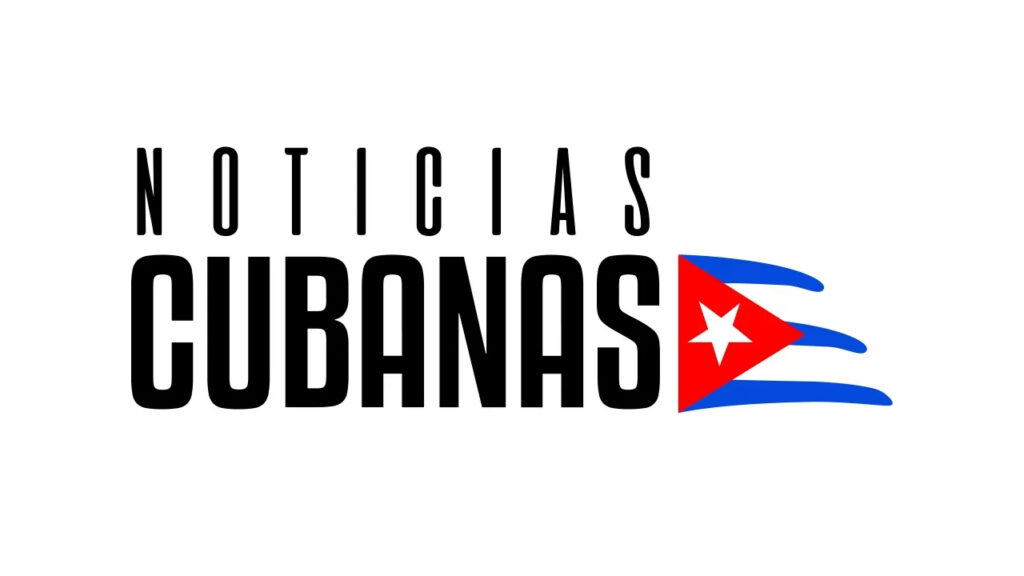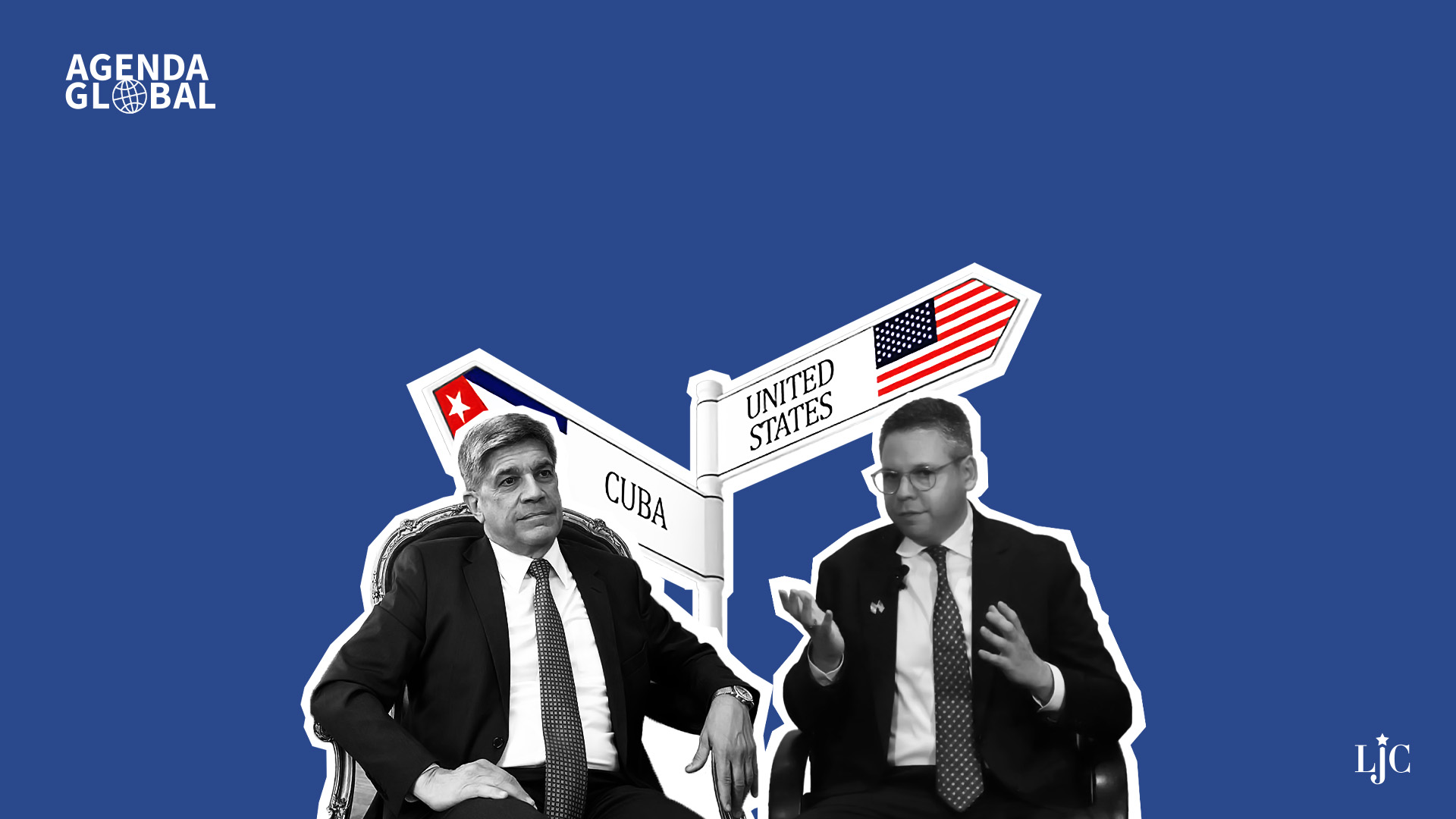HAVANA, Cuba, Apr 15 (ACN) The European Union (EU) ratified in a statement released on Thursday its rejection of the U.S. economic, commercial and financial blockade against Cuba, as well as its firm condemnation of the extraterritorial scope of that policy.
The blockade has a harmful impact on the economic situation of the country and negatively affects the standard of living of the Cuban people, warned the European Commission in response to a request made by a Spanish organization in solidarity with the island, reported the Prensa Latina news agency in a dispatch dated in Brussels.
On behalf of the Valencian Association of Friendship with Cuba José Martí, Rocío Raya had expressed to the European Parliament her concern for the consequences of more than 60 years of blockade, denounced the violation of International Law it represents and demanded the Community bloc and its institutions to act firmly against this behavior.
In the document, the Commission considered beneficial the end of Washington’s policy against the Antillean nation, which would play a crucial role in its “path towards modernization, reforms and sustainable growth”.
Beyond hitting Cubans, U.S. sanctions and other unilateral administrative and judicial measures affect the economic interests of the EU, which does not recognize the extraterritorial application of actions adopted by a third country, he said.
In this regard, he agreed that such practice is contrary to international law, and defended the right of EU economic actors to develop legitimate and legal business with Cuban counterparts.
“The Commission cannot accept that the extraterritorial application of sanctions impacts its economic and trade relations with Cuba,” it stressed.
According to the body, it will continue to implement its mechanisms to confront this scenario and protect itself against abusive practices, and will consider additional policies in that direction.
In that sense, it mentioned the Blockade Statute and the willingness to use it against laws such as Helms-Burton, whose Title III was activated in 2019 by then U.S. President Donald Trump to intensify the asphyxiation unleashed against the island, in order to deprive it of foreign investment.
The European Commission concluded in its response that it does not recognize the extraterritorial application of sanctions and that the EU will maintain its ties with Cuba, guided by a Political Dialogue and Cooperation Agreement.







